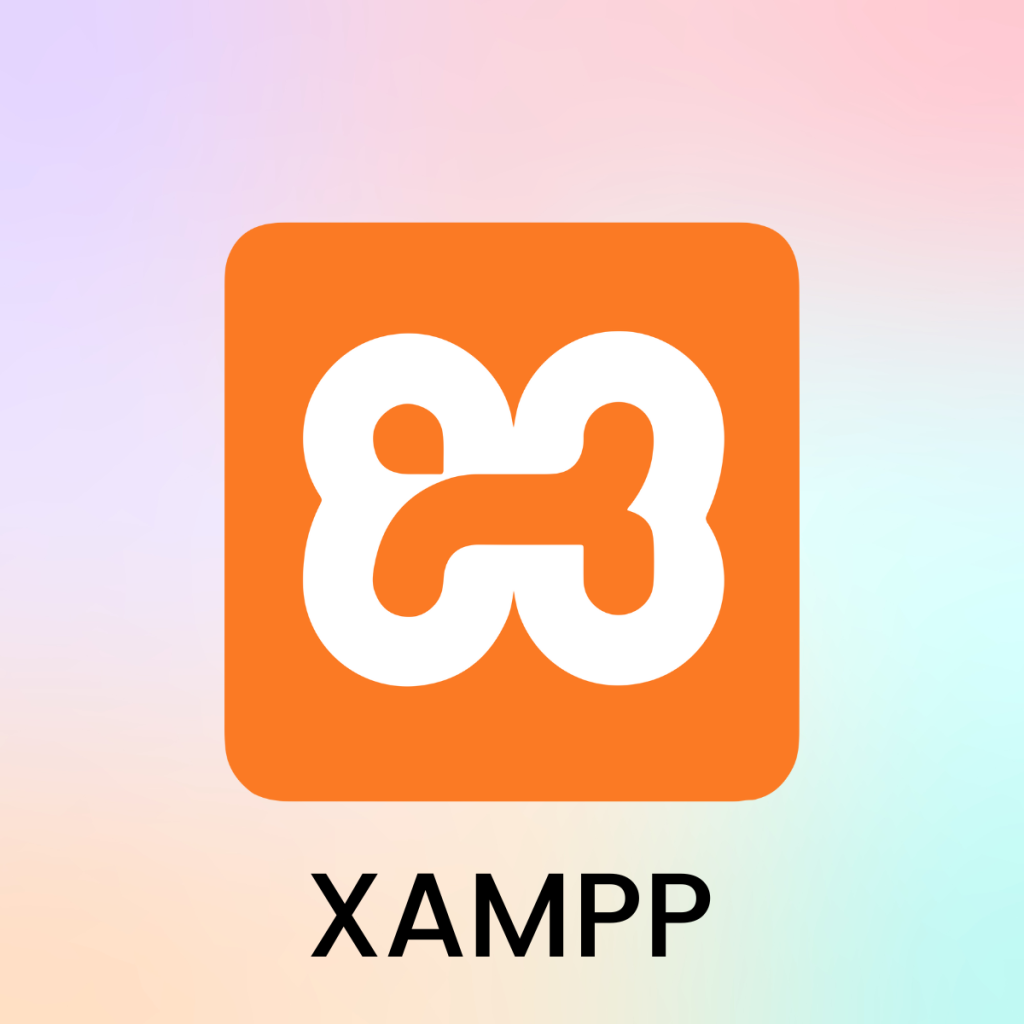XAMPP vs WAMP: A Comprehensive Comparison Guide
If you’re a web developer, you may know that web development has gained immense importance. With the increasing demand for websites and online applications, developers need efficient tools to create and test their projects. Two popular options in this regard are WAMP and XAMPP.
These tools are for creating and testing websites on your local machine. But which one is right for you?
In this comparison guide, we’ll look at the features, benefits, and drawbacks of each tool to help you make an informed decision.
Let’s get started!
What Is XAMPP?

XAMPP is a widely used software package that provides a complete web development environment. It stands for Cross-platform (X), Apache (A), MySQL (M), PHP (P), and Perl (P). XAMPP combines these essential components, making it easy for developers to set up a local server on their computers. It is for testing and running websites or web applications.
What Are The XAMPP Features?
XAMPP offers a range of features that make it popular among developers:
- Apache Server: XAMPP includes Apache HTTP Server, a widely used web server.
- MySQL Database: It comes with MySQL, a powerful database management system.
- PHP and Perl: XAMPP supports scripting languages like PHP and Perl, allowing developers to create dynamic websites.
- phpMyAdmin: This feature provides a user-friendly interface for managing MySQL databases.
- Easy Installation: XAMPP has a straightforward installation process, making it beginner-friendly.
What Are The XAMPP Advantages?
Using XAMPP for web development has several advantages.
- All-in-One Solution: XAMPP provides a comprehensive package, integrating all the necessary tools for web development into one software.
- Cross-platform Compatibility: XAMPP is available for Windows, macOS, Linux, and Solaris, making it suitable for developers using different operating systems.
- User-Friendly Interface: XAMPP’s interface is intuitive and easy to navigate, even for beginners.
- Active Community Support: XAMPP has a large user community, ensuring ample support and resources online.
Does XAMPP Have Disadvantages?
However, XAMPP has some drawbacks.
- Resource Intensive: XAMPP can consume significant system resources, potentially affecting your computer’s performance.
- Security Considerations: Since XAMPP is designed for local development, it may lack some security measures necessary for a live production environment.
What Is WAMP?

WAMP, an acronym for Windows, Apache, MySQL, and PHP, is another popular web development environment. As the name suggests, WAMP is designed for Windows operating systems.
What Are The WAMP Features?
WAMP offers similar features to the XAMPP, but is designed specifically for Windows users:
- Apache Server: WAMP includes the Apache web server, allowing developers to create and test websites locally.
- MySQL Database: It includes MySQL for managing databases.
- PHP: WAMP supports PHP scripting language.
- phpMyAdmin: WAMP also provides phpMyAdmin for easy database management.
What Are The WAMP Advantages?
WAMP provides several advantages for web developers:
- Windows Integration: WAMP is optimized for Windows operating systems, ensuring seamless integration and compatibility.
- Easy Setup: WAMP has a simple installation process, making it accessible to beginners.
- Community Support: WAMP has an active community of users, providing assistance and resources when needed.
Does WAMP Have Disadvantages?
However, there are some downsides to using WAMP:
- Limited Platform Support: Unlike XAMPP, WAMP is primarily designed for Windows and may not be suitable for developers using other operating systems.
- Less Comprehensive: WAMP offers a smaller set of tools than XAMPP, which may limit certain functionalities.
What’s The Similarities Between XAMPP And WAMP?
XAMPP and WAMP share many similarities.
- Both provide a local server environment for web development.
- They include the Apache web server and the MySQL database management system.
- Both support the PHP scripting language.
- Both offer a user-friendly interface with active community support.
What’s The Difference Between XAMPP And WAMP?
Despite their similarities, XAMPP and WAMP have some differences:
- Platform Compatibility: XAMPP is cross-platform, supporting various operating systems, while WAMP is primarily designed for Windows.
- Toolset: XAMPP offers a more extensive range of tools, including Perl, making it suitable for a broader range of development needs.
- Resource Usage: XAMPP may consume more system resources than WAMP.
- Updates and Support: XAMPP receives updates more frequently.
Which is better?
The choice between XAMPP and WAMP depends on individual preferences and project requirements. XAMPP’s cross-platform compatibility and comprehensive toolset make it suitable for developers using different operating systems and those requiring a broad range of functionalities. On the other hand, if you primarily work with Windows and prefer a lightweight solution, WAMP may be more suitable for your needs.
Final Words.
In conclusion, both XAMPP and WAMP provide valuable web development environments. XAMPP offers a cross-platform, all-in-one solution with extensive tools, while WAMP is optimized for Windows and provides a simpler setup.
Consider your specific requirements, operating system, and project needs when deciding which one to use.
Remember, both options have active communities, ensuring you’ll find support and resources along your web development journey. Happy coding!
